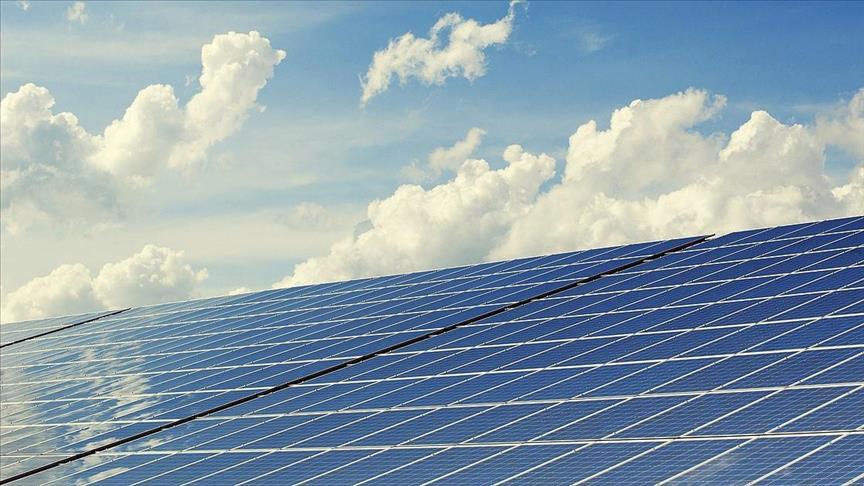Renewable energy consumption in the Netherlands grew by 16% to 181 petajoules (PJ) in 2019 compared to 2018, the national statistics office, Statistics Netherlands (CBS), announced Tuesday.
More than half of this increase was due to increased consumption of biomass, particularly co-firing in power plants and in the form of biodiesel and biogasoline, according to the office's latest data.
"At 60%, biomass is the single largest source of renewable energy, consumption rose by 15% to 106 PJ in 2019. Consumption of liquid bio-based transport fuels rose from 23 to 28 PJ, i.e. an increase of 24%. Electricity and heat generation from co-firing in power plants increased from 3 to 8 PJ," CBS explained.
Solar energy consumption for electricity and heat also increased in the country by 37% to 20 PJ last year.
Another record rise was achieved in the total established capacity of solar power installations, namely from 2,300 to 6,800 megawatts (MW), or 51%.
Lastly, wind energy consumption rose by 7% to 39 PJ. The installed capacity of wind turbines increased from 4,400 MW at the end of 2018 to 4,500 MW at the end of 2019.
The capacity of offshore wind farms remained unchanged at around 1,000 MW.
By Ebru Sengul Cevrioglu
Anadolu Agency


